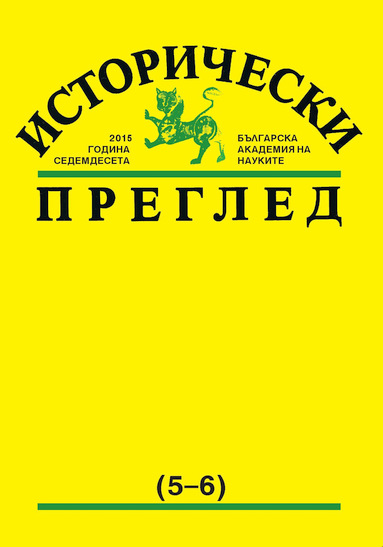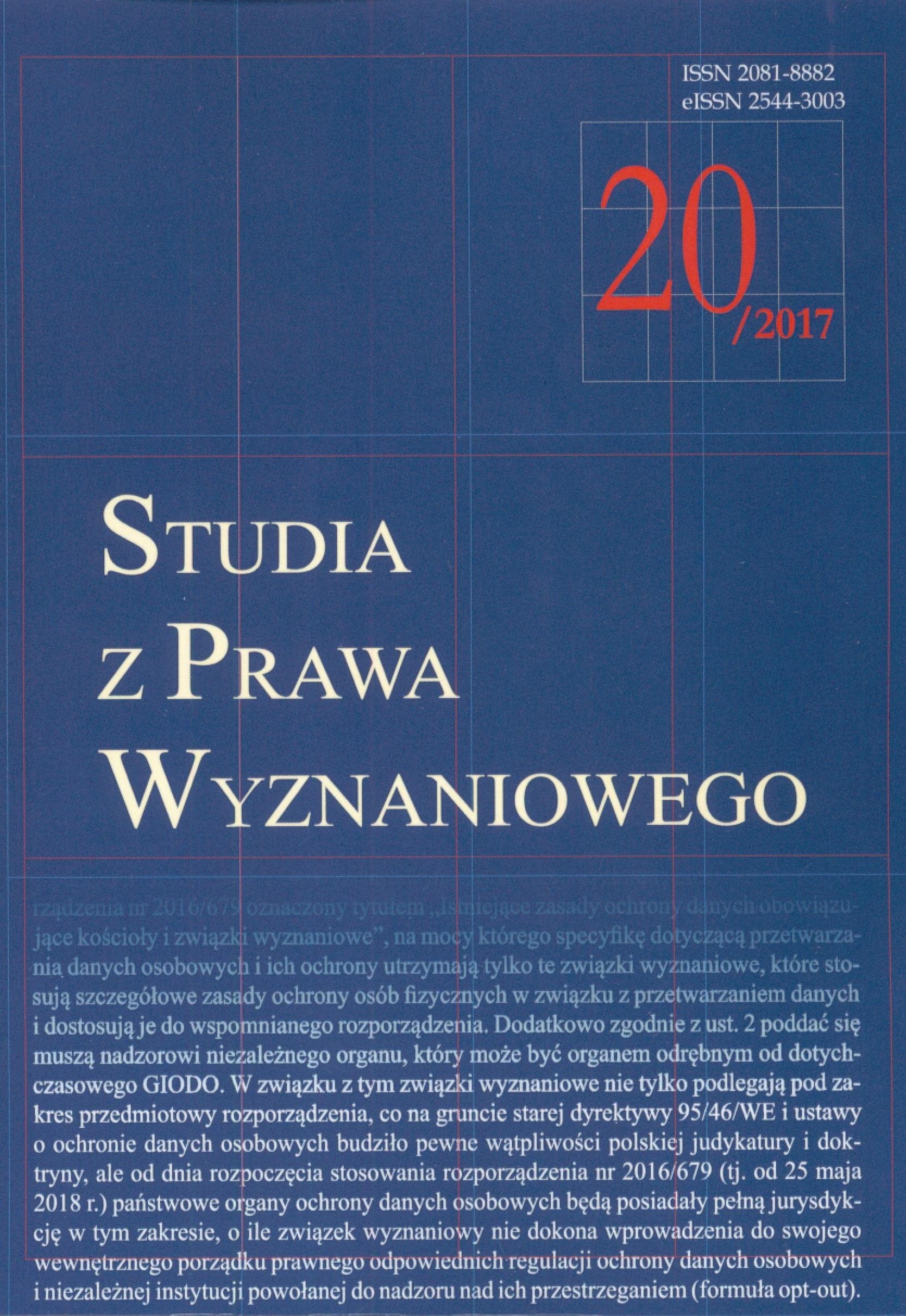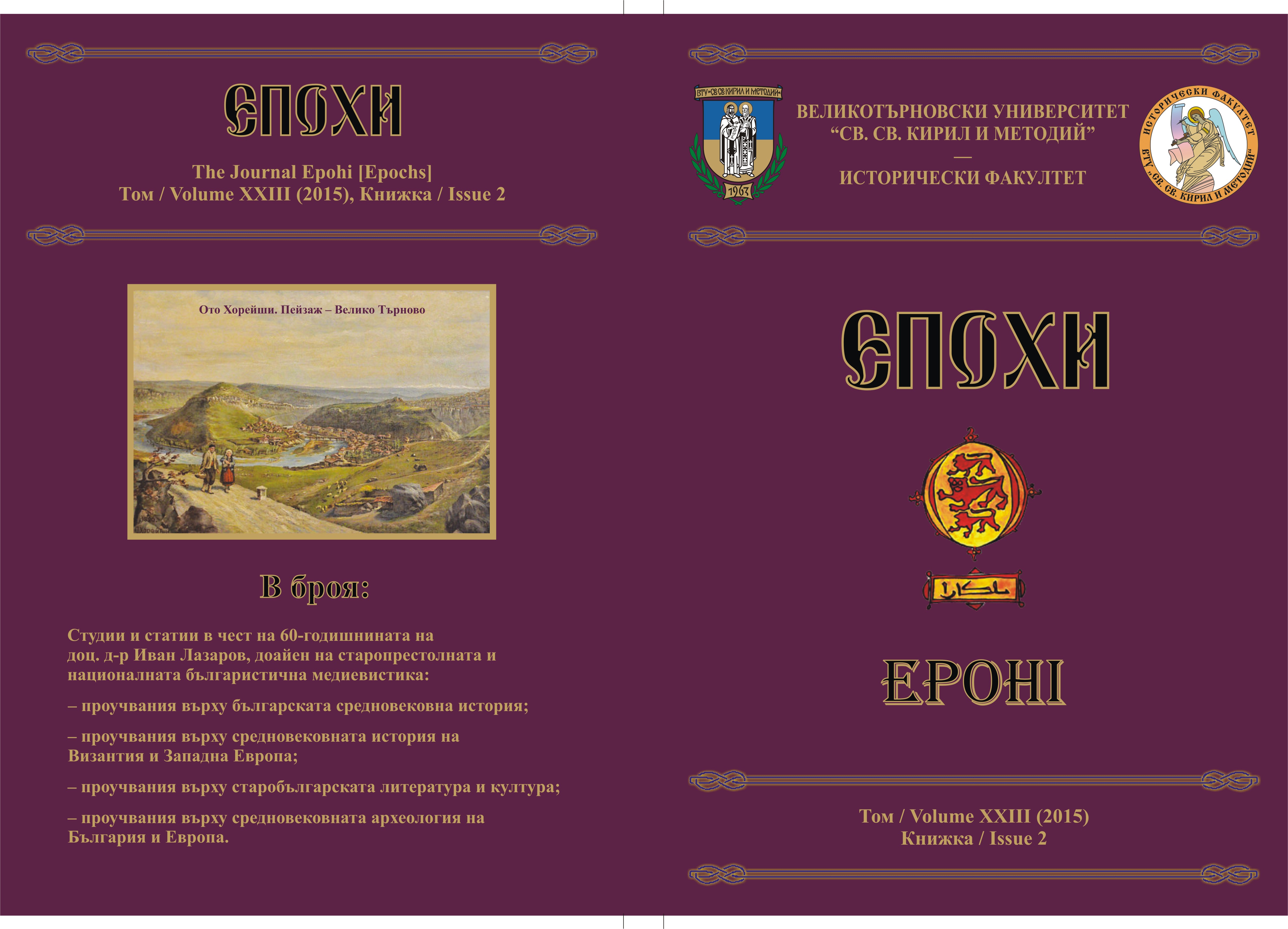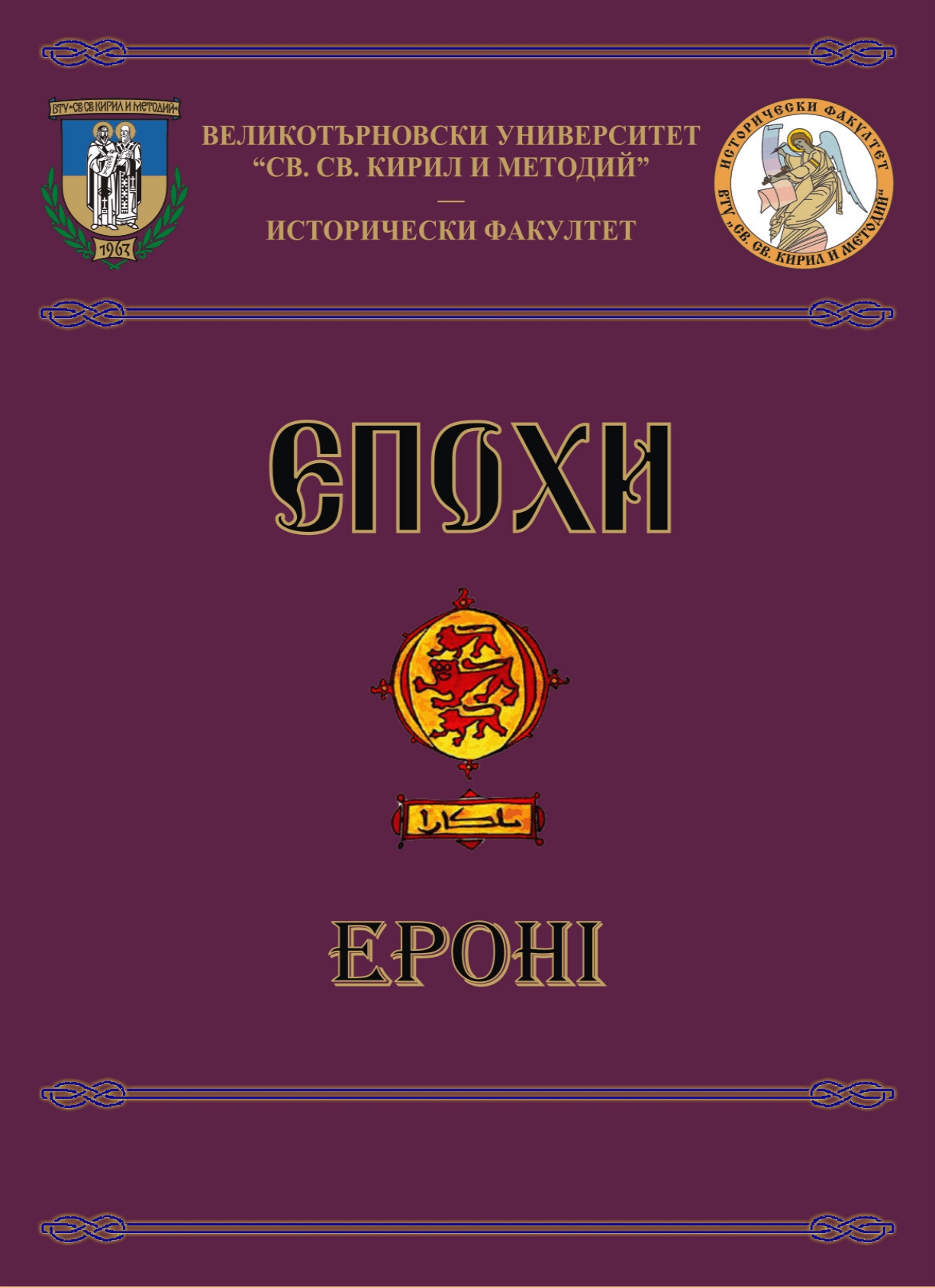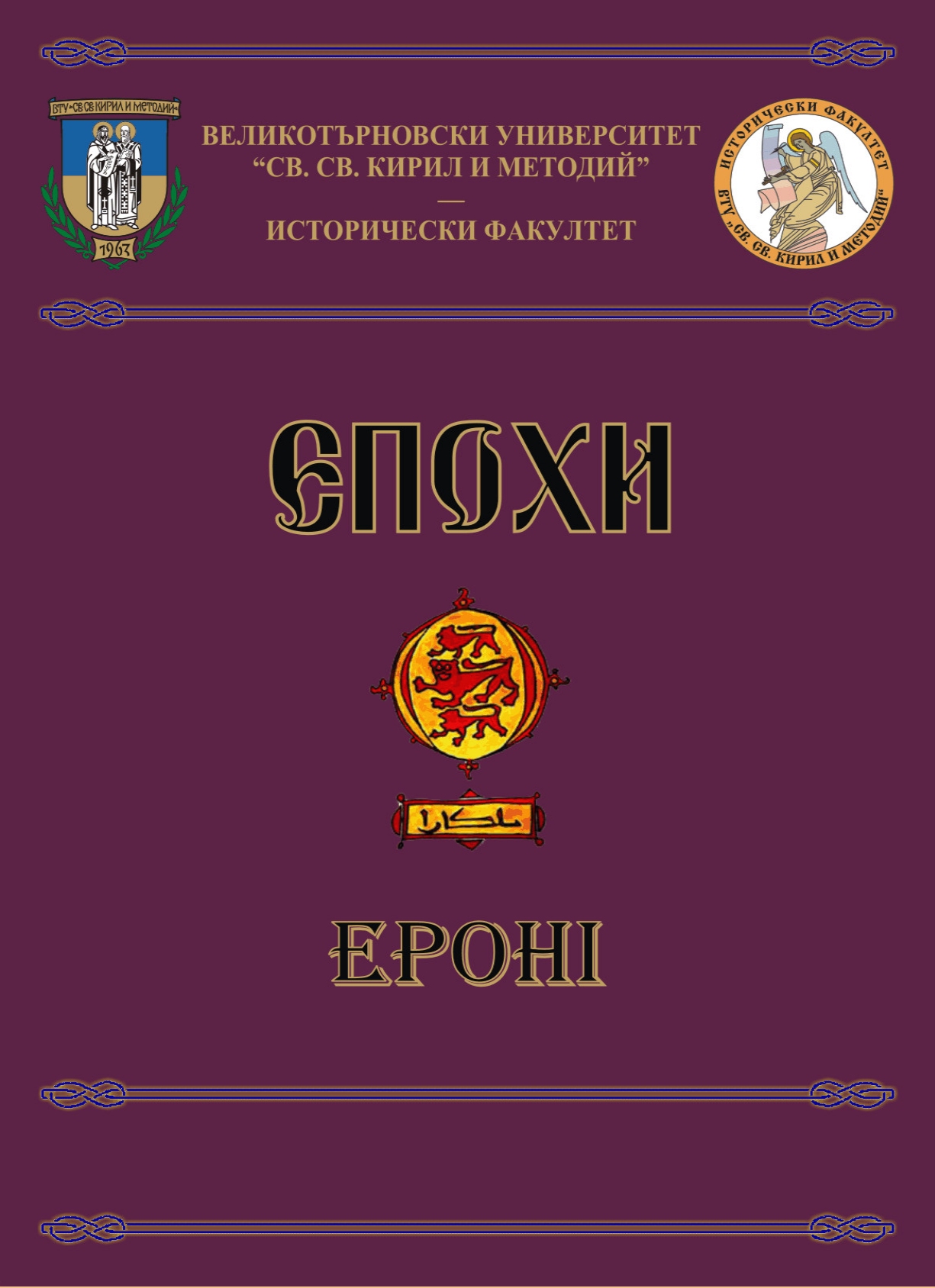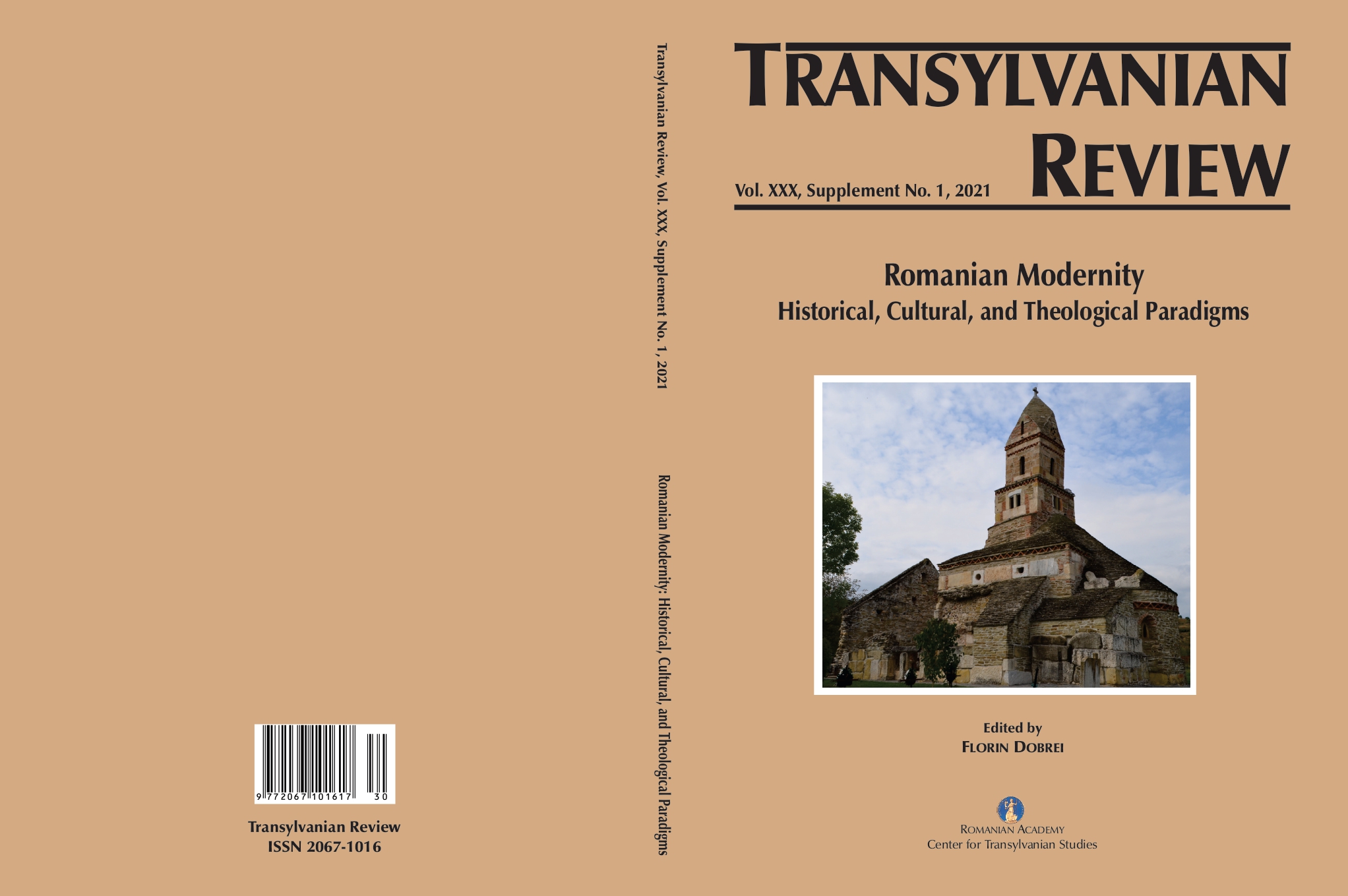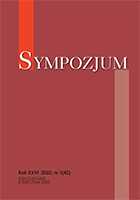ORTAÇAĞ’DA ŞARAP TİCARETİ, MEYHANELER VE BUNLARA GETİRİLEN KISITLAMALAR
Islam, unlike other religions, prohibited alcohol consumption, its production and trade. This prohibition accelerated the production and trade of nebiz (non alcohol), must and soft-drink around Islamic geography. On the other hand, production of alcoholic drink sometimes continued secretively and sometimes not. Publicly wine production was generally associated with whether the producers are Muslims or not. Substantial numbers of wine producers in Persian region were magi. Christians (Assyrian and Armenians, etc…) in Southeastern Anatolia, Iraq and Syria, and Jews and Coptic Christians in Egypt have taken this job. It is possible that the publicly consumption was related to cultural habits. During the Medieval, wine was mostly consumed in some Persian regions, Mediterranean coasts, and great and crowded cities such as Baghdad and Cairo. The taverns were businesses that presented alcoholic drinks and other services for entertainments along with costumers’ tastes. In some periods, the governing authority released activities of tavern likebusinesses without ignoring the advantages offered (high portion of tax revenue). However, such kind of businesses were always open to intervention of public outrage or under personal savings of sovereign who was sincerely depended on his religion.
More...
